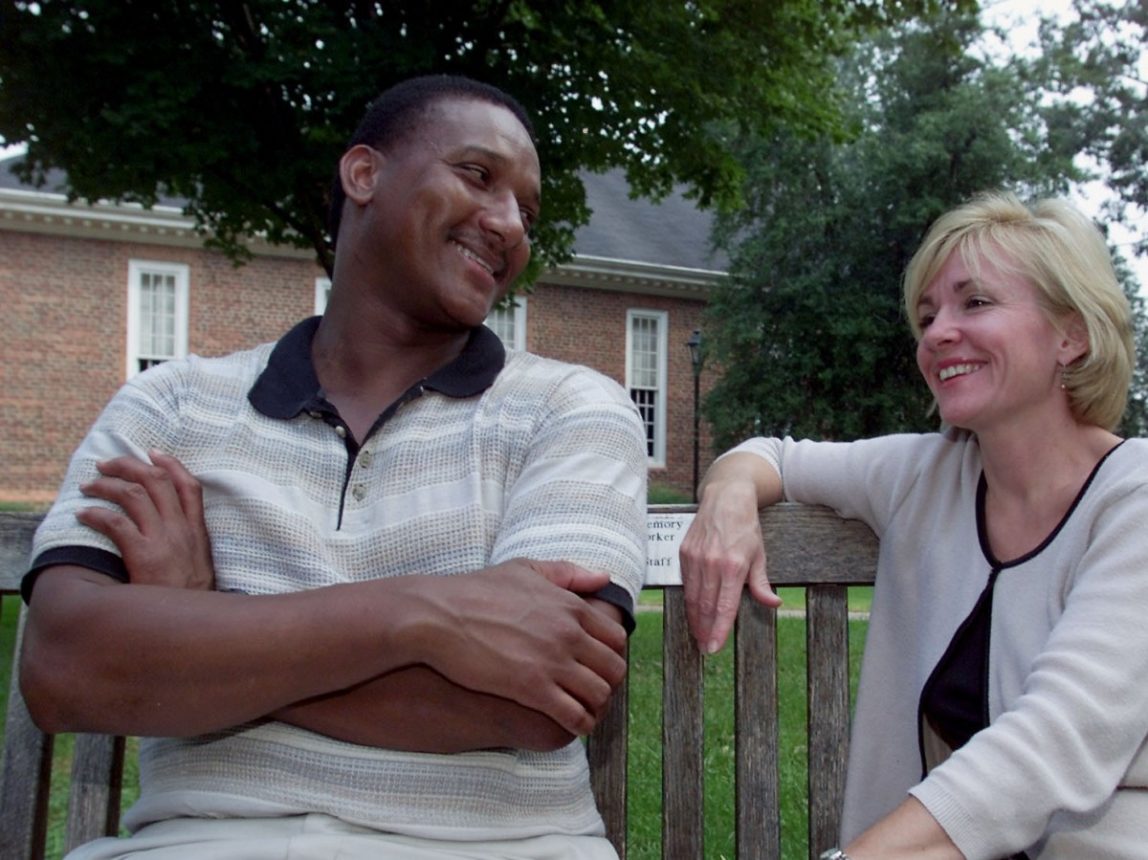Almost 19 years after a 68-year-old woman was raped and murdered in her Beatrice, Neb., home, a federal jury has started hearing evidence in a civil rights case alleging law enforcement officials recklessly investigated the crime, leading to the wrongful convictions of six people. The so-called Beatrice Six — three men and three women —
Six Wrongfully Convicted Of 1985 Murder in Nebraska Seek Civil Rights Damages
“The only good thing I can tell you about this case is that no one was electrocuted.”






